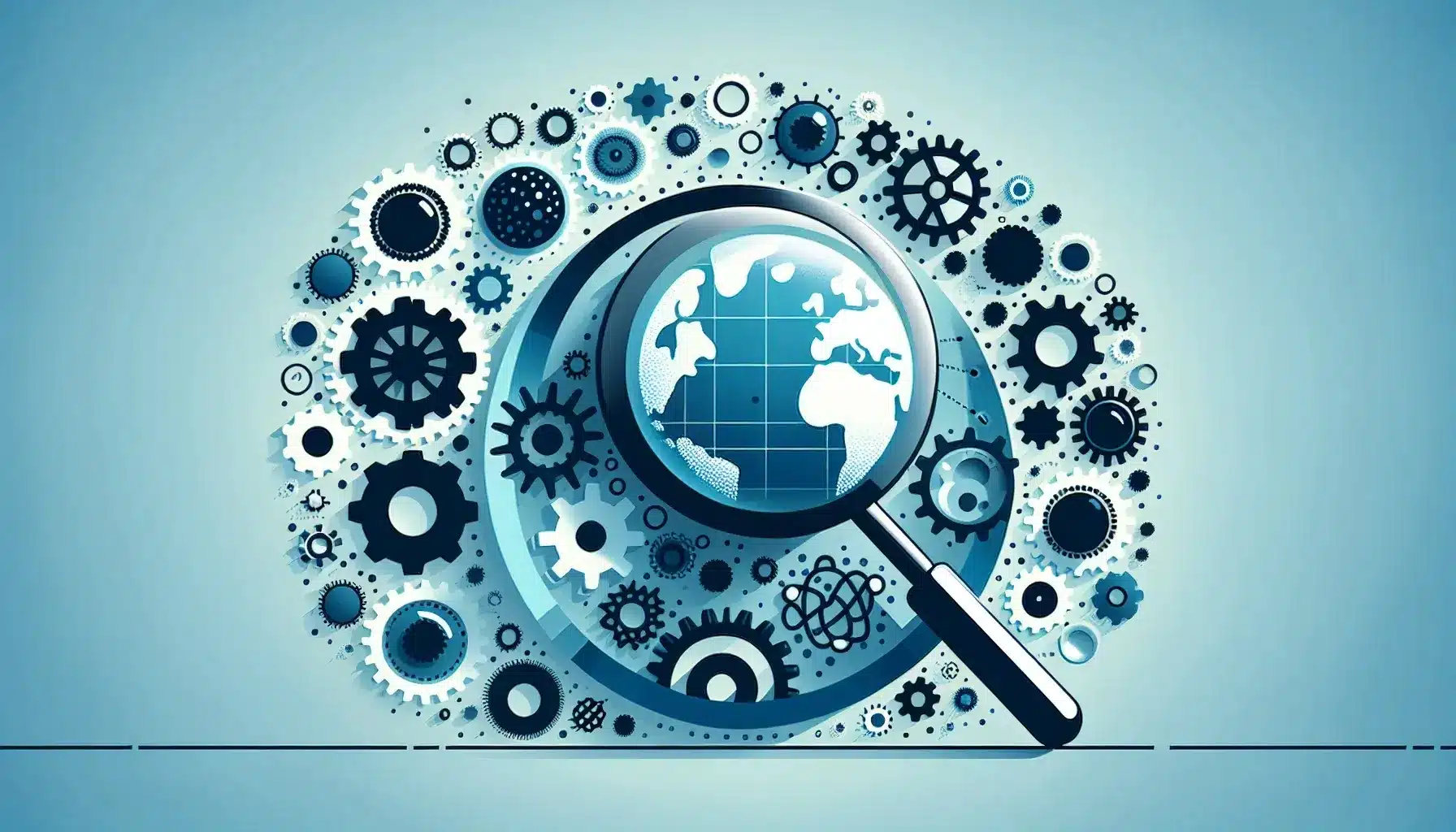Epidemiology plays a crucial role in public health, particularly in the control and prevention of infectious diseases. By studying the patterns, causes, and effects of health and disease conditions in populations, epidemiologists provide essential insights that guide public health interventions. This article delves into the significance of epidemiology in infectious disease control, highlighting its methods, applications, and impact on health outcomes.
Understanding Epidemiology
Epidemiology is the scientific discipline that investigates how diseases affect the health and illness of populations. It employs various methods to identify risk factors for disease and targets for preventive healthcare. Epidemiologists collect data on disease incidence and prevalence, analyze trends over time, and develop strategies to mitigate the spread of infectious diseases.
Key Functions of Epidemiology in Infectious Disease Control

- Surveillance: Continuous monitoring of disease outbreaks is vital for early detection and response. Surveillance systems track the spread of infectious diseases, enabling public health officials to implement timely interventions.
- Outbreak Investigation: When an outbreak occurs, epidemiologists conduct investigations to identify the source of infection, modes of transmission, and at-risk populations. This information is critical for controlling the spread of disease.
- Data Analysis: Epidemiologists analyze data from various sources, including clinical records, laboratory results, and demographic information. This analysis helps identify trends and patterns that inform public health policies.
- Risk Assessment: Understanding risk factors associated with infectious diseases allows for targeted prevention strategies. Epidemiologists assess environmental, behavioral, and genetic factors that contribute to disease susceptibility.
- Intervention Development: Based on their findings, epidemiologists develop evidence-based interventions such as vaccination programs, public awareness campaigns, and infection control measures.
The Role of Epidemiology in Recent Infectious Disease Outbreaks

Epidemiology has been instrumental in managing recent infectious disease outbreaks such as COVID-19, Ebola, and Zika virus. For instance:
- COVID-19 Response: Epidemiologists played a pivotal role in tracking virus transmission dynamics, identifying hotspots, and informing public health measures such as social distancing and mask mandates.
- Ebola Outbreak Management: During Ebola outbreaks in West Africa, epidemiologists conducted contact tracing and implemented quarantine measures to control transmission effectively.
- Zika Virus Surveillance: Epidemiological studies helped identify the relationship between Zika virus infection during pregnancy and congenital disabilities, leading to targeted public health messaging.
Also Read : Benefits Of Completing Medical Assistant Training
Conclusion
Epidemiology is a cornerstone of infectious disease control, providing critical insights that shape public health responses to outbreaks. By leveraging data analysis, surveillance systems, and targeted interventions, epidemiologists help mitigate the impact of infectious diseases on communities. As new pathogens emerge and existing ones evolve, the role of epidemiology will continue to be vital in safeguarding public health.
FAQs
Q: What is epidemiology?
Epidemiology is the study of how diseases affect populations through the analysis of data related to health conditions, risk factors, and outcomes.
Q: How does epidemiology contribute to infectious disease control?
Epidemiology helps identify patterns of disease transmission, assess risk factors, monitor outbreaks, and develop effective public health interventions.
Q: What methods do epidemiologists use?
Epidemiologists use various methods including surveillance systems, statistical analysis, cohort studies, case-control studies, and outbreak investigations.
Q: Why is surveillance important in epidemiology?
Surveillance allows for early detection of outbreaks and continuous monitoring of disease trends, enabling timely public health responses.
Q: How do epidemiologists investigate outbreaks?
They conduct field investigations to identify sources of infection through interviews with affected individuals, environmental assessments, and laboratory testing.
Q: What role does data analysis play in epidemiology?
Data analysis helps uncover trends in disease incidence and prevalence that inform public health strategies and resource allocation.
Q: How can I stay informed about infectious diseases?
Public health agencies like the CDC provide updates on infectious diseases through their websites and social media channels.





